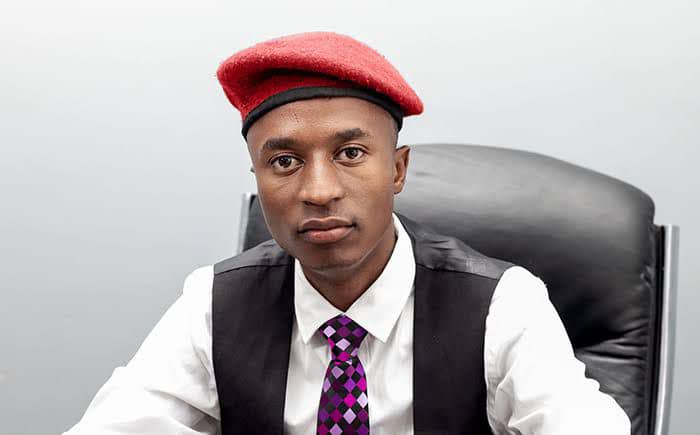However, my recent experience at a Zanu PF rally in Mkoba, Midlands Gweru has shone a light on the disturbing reality of hate speech in our political landscape. Minister Owen Ncube’s incitement of his supporters to chant derogatory slogans aimed at CCC opposition members Ostallos Siziba, Amos Chibaya, and a purely made-up Ostallos’ wife reveals a concerning trend in Zimbabwean politics – the politics of hate.
It is disheartening to witness politicians, who are supposed to be the beacon of hope and unity, resort to divisive language that promotes animosity and incites violence. Minister Ncube’s actions stand in stark contrast to the more respectful tone set by President Mnangagwa, who has refrained from using derogatory language against his opponents. This disparity raises significant questions about the leadership within Zanu PF and the wider democratic process in our country.
The implications of this politics of hate are far-reaching and detrimental to the democratic ideals we strive for. Hate speech creates an environment of fear, exclusion, and hostility, making it increasingly difficult for individuals to engage in constructive political discourse. When politicians use derogatory language to belittle and dehumanize their opponents, they undermine the values of democracy and hinder the ability of citizens to make informed choices.
Furthermore, the politics of hate perpetuates division within society, fueling tribalism, regionalism, and discrimination. By targeting individuals based on their political affiliations, we are deepening the fault lines that divide us as a nation. This not only undermines national unity but also threatens social harmony and stability. Instead of focusing on the urgent issues that require attention, our energy is wasted on destructive rhetoric that undermines the very fabric of our society.
Whilst politicians may justify their use of hate speech as a means to galvanize support and consolidate power, the long-term consequences are dire. A democracy cannot thrive without respect for differing viewpoints, free expression, and open dialogue. The politics of hate stifles these essential elements by promoting an atmosphere of intolerance and hostility. By doing so, politicians compromise the integrity and credibility of the democratic process, eroding public trust and faith in the system.
To combat the politics of hate, we must advocate for a shift in political discourse towards respect, empathy, and collaboration. It is crucial for politicians to recognize that their words hold immense power and influence over the public. By using language that fosters unity and understanding, they can create an environment conducive to meaningful dialogue and progress. It is essential that political leaders lead by example and demonstrate a commitment to building a nation where diversity is celebrated, and all voices are heard.
Additionally, it is the responsibility of citizens to demand accountability from their elected representatives. We must not tolerate hate speech or divisive rhetoric from our political leaders. Instead, we should actively support and endorse those who promote unity, inclusivity, and respect for all individuals, regardless of their political affiliations. By actively engaging in the democratic process, expressing our concerns, and voting for leaders who embody the values we hold dear, we can contribute to the transformation of our political landscape.
The politics of hate has no place in a somewhat thriving democracy. It undermines the principles of respect, inclusivity, and unity. We must reject and condemn hate speech in all its forms, urging our political leaders to engage in constructive dialogue that promotes understanding and progress. As citizens, we have the power to shape our democracy, and it is our responsibility to ensure that politics remain rooted in compassion, civility, and respect. Only through such a transformation can we move towards a brighter future for Zimbabwe.
Kumbirai Thierry Nhamo | Writer
Post published in: Featured


